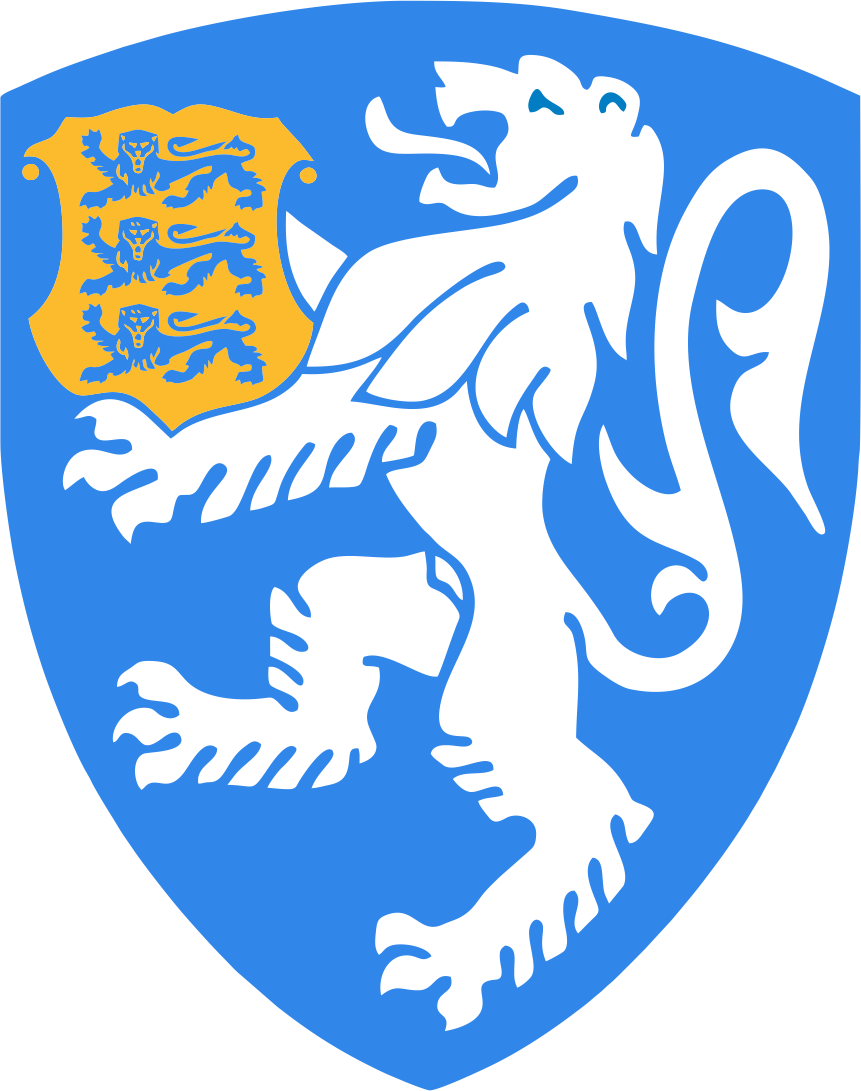David Agmon, CEO of Inverspot
Inverspot is a Mexican platform that seeks to form groups of people interested in investing in real estate developments in order to obtain attractive returns. In addition, they offer you a guarantee of the full return of your invested capital when you request it without penalties, but without utility. You can invest starting from 100,000 pesos in construction projects with the guarantee of the property. Its founder and director, David Agmon, tells us a bit more about this Mexican platform.
How are things going there?
We have had a very good acceptance. Before, real estate investment was only reserved for people who had several million pesos, but today with platforms, people are motivated and listened, and have an investment alternative that they did not have before.
How were your first steps?
We exceeded expectations in a year and we have big plans for this year. Last year, we managed to raise $5 million, double the estimate. We have more than 500 investors and we currently have $9 million funded. Our project is to keep growing and we think there is significant growth. We have managed to give the first results, which has consolidated us in recent months.
What risks and what characteristics does it have?
It is equity, people go into partnership to buy a department in pre-sale under construction, that is, it is not yet built and sold. The difference is utility.
The risks are twofold: the deadline and the performance. With the term, the construction work may be delayed or pre-planned. In that case, people are returned to their usefulness. There may also be a lot of surplus value, prices rise and profit is higher, or profit is lower and utility is lower. We no longer enter there, we charge the intermediation in an initial way and it is already on the price that we are offering. I tell people, 'We're buying a department at $1,000/meter.' People know that the area for sale is at 1,500 and they know that there is automatically a utility there. We give people the way out whenever they want, we return the whole capital if people want to leave. We do it because we have the property that supports us and a preliminary analysis of the project. That gives us a lot of peace of mind and we pass it on to the investor so if you want to get out, you are free to do so without penalties.
Do you invest too?
If I have the money, yes, as a company, but as a physical person, I and my partners do. It is a very practical model. It would be very silly to have created this and not benefit from it.
What are your profitability numbers?
It is generating an annual approximate of 20%. In order to have a specific success of the national comparison between projects in different countries, it is very important that there is still a comparative of annual inflation. There are countries such as the USA where inflation is very low, a project has an annual 12%. The inflation rate is fundamental. We are generating 20% per year, and the country has between 2% and 5%. Therefore, we are paying almost three to four times more than what the banks pay.
What do you think crowdfunding brings to the sector?
Crowdfunding definitely satisfies the builder's need for risk-free resources. Crowdfunding makes life easier for the developer and allows you to focus on what you know how to do, that is, build, and not worry about the funds. On the investor side, crowdfunding comes to give you an investment option previously with $5,000 nobody had. Today, being able to invest with little money is fantastic because it opens a new market. We as intermediaries, what we do is unite these two needs. Asking a bank for credit is very tedious because you have to pay for many things and it usually takes a while. Crowdfunding is the new way of doing banking.
How do you choose your projects?
First, we check the developer and find out what he has done, how he has gone, how he has done it... Then we do the specific development that they are going to build: zone, prices, size of the work, demand, supply... And then we negotiate the percentage that we are going to stay with them.
What value do you consider the most important?
There are definitely two: trust and transparency. The next most important thing is communication: the way we communicate it.
Imagine that I am an investor, what will happen to my money?
When you sign up, you receive an email and on the web you can see the progress of the work. We tell you the status of the project, you can check the contracts, the analyses, the reports of everything.
Why did you decide to start with Inverspot?
God put me on the road as a project where many people would benefit. I saw that there was a need to create an intermediary portal between investors and developers. We analyze and manage.

